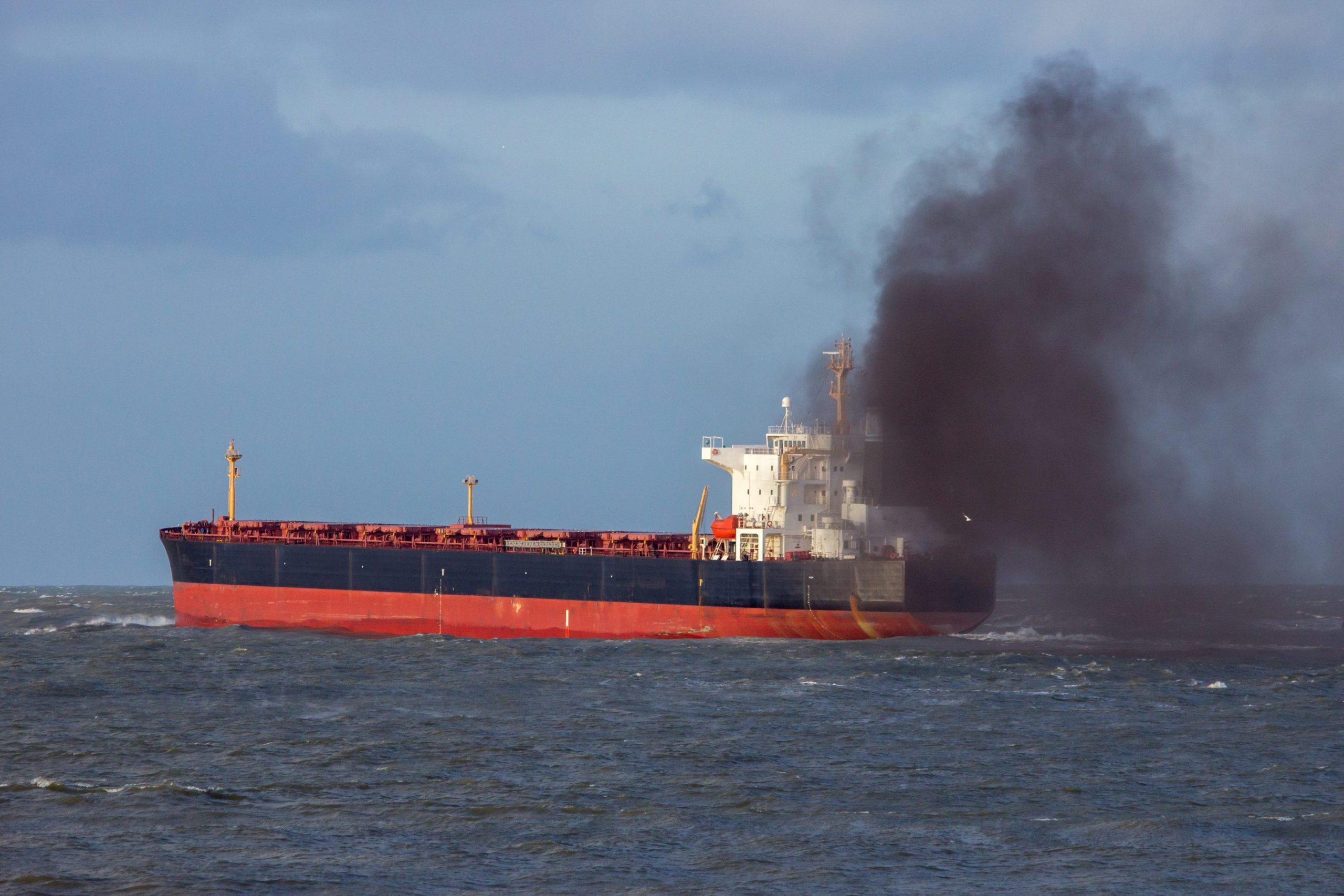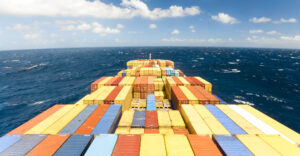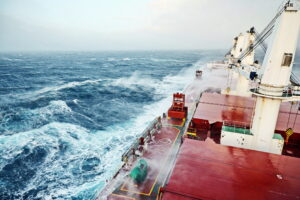There has been extensive speculation of the cost for shipping from the European Union’s Emissions Trading System.
In Hecla Emissions Management analysis it is suggested that the shipping industry could be liable for €3.1 billion in 2024, €5.7 billion in 2025 and €8.4 billion in 2026.
Greek shipping tycoon George Procopiou, chairman of Dynacom Tankers Management and owner of the largest shipyard of Greece, the Skaramangas Shipyards, whose name “figures” in the 100 most important people in shipping on an annual basis, also criticized the EU ETS scheme during the internationally renowned Maritime Cyprus 2023 Conference.
Speaking about the future of EU shipping, George Prokopiou noted that “Europe is shooting itself in the foot,” adding that the shipping industry would be better off focusing on energy efficiency measures, rather than hindering growth through restrictive policies.
Meanwhile, the European Shortsea Network (ESN), which represents the main stakeholders involved in the intermodal maritime transport chain, requests a modification of the European Emissions Trading Scheme (EU – ETS), as well as a moratorium on it while the modification takes place.
In its official statement, ESN says that the entry into force of the EU ETS on 1 January 2024 represents a loss of competitiveness of Short Sea Shipping as it will increase the operating costs for ships calling at EU ports.
ESN notes that despite the significant efforts being made by Short Sea Shipping (SSS) companies to improve the energy efficiency of their fleet and reduce the emissions, there is currently no optimal solution for the decarbonization of maritime transport, future fuels are not defined, and the capacity to supply them to the maritime transport industry is not assured.
According to the European Shortsea Network, the entry into force of the EU ETS will cause a setback in the increase achieved in recent years in the use of the Short Sea Shipping by road freight hauliers.
The European Union is therefore called upon to modify the emissions trading system so that it is not detrimental to the overall interests of the EU and the fight against climate change.
Pending this modification, a moratorium on the entry into force of the EU ETS Directive should be approved, in order to avoid a secondary effect contrary to the intended one, the European Shortsea Network points out.
It’s worth mentioning that Shortsea Promotion Center (SPC) Norway does not support this position but will actively work to avoid negative competitive effects vs road.
The European Shortsea Network (ESN) is the organisation that groups together all Shortsea Promotion Centers (SPCs) in the European environment, with the goal of coordinating their activities and promoting SSS through the involvement of the main international stakeholders.
Currently, 13 Short Sea Shipping Promotion Centers (Cyprus, Finland, Germany, Greece, Ireland, Italy, Malta, Norway, Poland, Portugal, Romania, Spain and Turkey) operate under the ESN with the goal of coordinating their activities at EU level and promoting SSS through the engagement of stakeholders.



